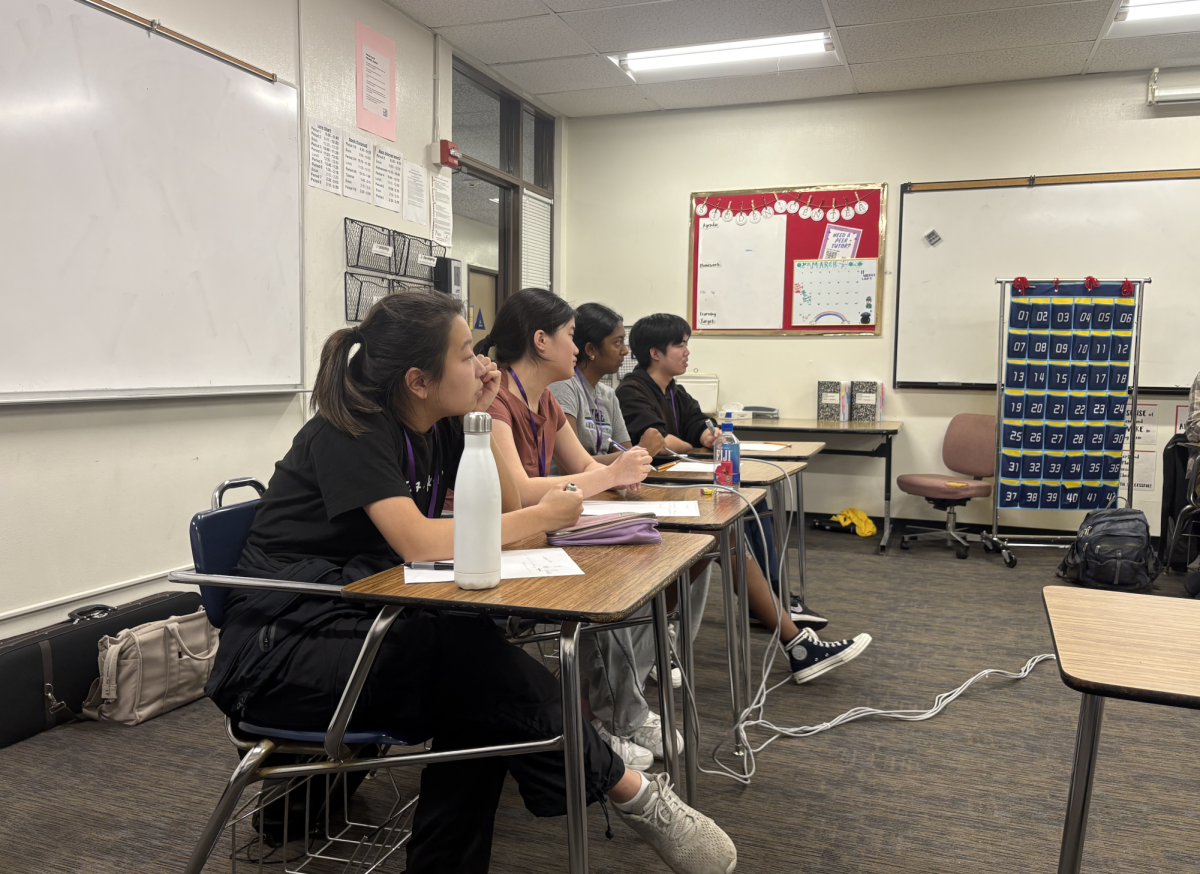With the school year nearing its end, tension rises at Sage Hill as many students begin pushing last-minute efforts. The third quarter was filled with activities and responsibilities such as the summer program and leadership application deadlines, competitions, sports and increased rigor in academic classes.
Multiple students told The Bolt that the intensified tempo takes a toll on students. Based on numerous interviews, the most stressed groups seemed to be in the following order: juniors, sophomores, freshmen, and, lastly, seniors, but none are free from the burden of sleep deprivation or tiredness.
“I’m stressed over different things like grades and schoolwork, which I think is pretty typical of a student [at Sage Hill],” Junior Vera Yang said.
Many people, regardless of grade level, expressed concerns about schoolwork. They have also stated that, although they understood the rigor of their classes and teachers better, the second semester carries a heavier amount of assignments and assessments, making it harder to maintain grades.
“I do feel stressed… Definitely more so in second [semester] since I have more pressure to improve and maintain my performances in my classes,” Sophomore Sienna Burnette said.
However, grades are not the only concern for students at Sage Hill. Students only get busier as the year progresses, and balance becomes a greater challenge for most people.
“I took on more leadership opportunities and extracurricular activities [in the second semester],” said Burnette, “I also don’t have an injury anymore, so I’ve luckily been able to run and dance again.”
“We are committed to identifying ways to alleviate academic pressure and support student well-being. We continue to examine how school culture, policies, structures, and outside factors impact students, and we will use this work to inform future improvements.
Sage Hill administrators established the Balance in Academic Culture Committee in September 2024 to generate ideas and recommendations from faculty and staff. This panel is co-chaired by the Assistant Head of School for Academics and Dean of School Life.
“We are committed to identifying ways to alleviate academic pressure and support student well-being,” Dean of School Life Dominic Campeau said. “We continue to examine how school culture, policies, structures, and outside factors impact students, and we will use this work to inform future improvements.”
Students said balancing academics and extracurriculars continues to be challenge.
“I had to worry about making sure I have all my assignments in on time while keeping up with extracurricular commitments. I barely had time to practice my instrument,” Junior Angela Lin said.
Some Sage Hill students shared that they’re coping with mental and physical fatigue amid various commitments. Most seniors interviewed by The Bolt have stated that their stress levels have been much lower during the second semester compared to the first two quarters but exhaustion remains.
“My sleep schedule is not the best right now, and there are one or two subjects that are stressing me out a bit,” Senior Vihaan Jacob said. “But definitely the first semester I was more stressed…I don’t feel nearly as much stress as last semester.”
Students’ shared experiences all point to one thing in common: everyone is busy. Despite this, the reports of anxiety levels from the different grades are drastically different, and it seems that the core factor of this variety pertains to one thing.
“I think one of the reasons anxiety increases is because of… the AP,…the grade, and the college,” Spanish teacher Diego Izurieta said, “versus the learning.”
Throughout multiple interviews, especially with juniors, a large reason for stress was not only the physical toll of doing work but also thinking about college applications. Feeling physical fatigue is normal and usually lasts a week or two at most, according to Harvard Health. But research published by the National Library of Medicine (NLM) shows that mental fatigue is something that consists over prolonged periods of time while decreasing the efficiency of cognitive performance.
It is common to see a stressed or anxious student on Sage Hill’s campus, but it is difficult to find those who describes themselves as balanced, Izurieta said.
“It’s all about the balance. It’s all about the learning,” he said.






